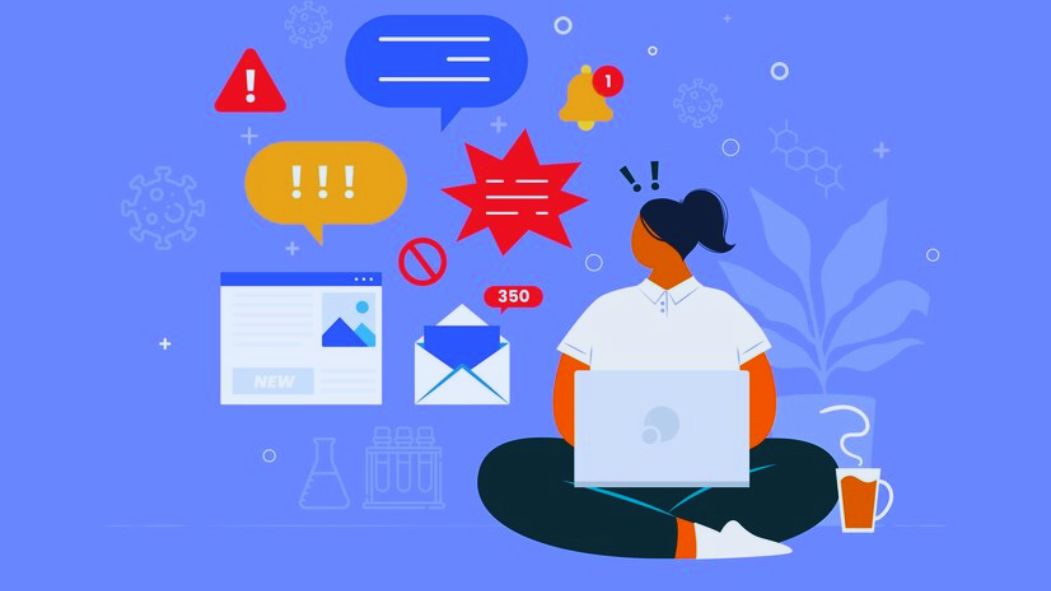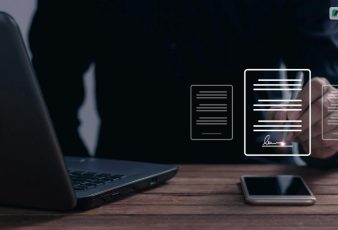This article aims to show how Internet censorship works and how to avoid it if you’re travelling to a state that restricts its citizens’ access to information.
When the internet was first created, it was designed as a medium where users could come for free information. But as it evolved, each country has developed sets of rules to control it, and some decided users should no longer access it freely and without restrictions.
Over 70 countries worldwide practice internet censorship, and while some justify their choices, others simply limit their citizens’ access to information for no reason.
However, not only do governments use this measure to prevent people from uniting and rebelling against the system, but also private organizations like Netflix and Hulu geo-restrict the content they provide because they want to personalize it according to the targeted audiences or copyright issues force them.
No matter who issues it or its extent, Internet censorship is a huge issue the world is dealing with.
An Overview of Internet Censorship and the Forms It Takes
When Internet censorship is used, you immediately consider governments’ measures to prevent people from accessing certain online content.
Still, the practice of prohibition is more extensive than this, and even you may use it without knowing that this is the definition of your actions.
Internet censorship has the purpose of blocking specific pieces of content, and most often, it targets foreign websites, news media, social media, torrenting, and porn.
Censorship can happen everywhere: at home, at work, with internet service providers, and on streaming platforms.
At Home
This form of censorship is often called parental control because parents block, blacklist, and use encrypted content to keep their children safe.
They use the blacklisting practice to filter the websites their children can access or use keyword blocking to hide specific pages. Some even use firewalls to restrict the content their kids can access.
At Work
Many people cannot use the internet for personal reasons when working. Organizations censor the internet for employees to prevent them from wasting their time on extracurricular activities.
They don’t block only inappropriate content but also social media platforms and retail websites to boost their workers’ productivity.
Some companies use firewalls to block entire domains and websites.
It’s best not to use office time for leisure or viewing inappropriate content because the actions can be grounds for a lawsuit. There were not a few cases when people faced sexual harassment lawsuits because they watched pork at work.
Internet Service Provider Censorship
Internet service providers often practice censorship to limit their clients’ access to specific content. They can block lists of websites, but most countries require them to respect net neutrality and don’t favour organizations and their websites.
Where Internet service providers don’t have to comply with net neutrality laws, they can charge a fee for bandwidth usage and allow some websites to load faster than their competitors. It’s an advantage some brands use when possible.
Streaming Platforms
Streaming platforms like Netflix, Hulu, and BBC geo-restrict their content to comply with content agreement regulations.
Each country has its content requirements for the films and TV series people can watch on the platform, and private companies cater their programs to meet them.
How Does Internet Censorship Work?
Because Internet censorship takes many forms, multiple methods restrict online content. Depending on the purpose, the issuer picks one of the following tactics:
DNS Tampering
Cyber attackers usually use this method to access DNS records, modify them according to their needs, and corrupt entire networks. This technique is often associated with identity theft and data breaches.
Blocking IP Addresses
governments usually use this method to block specific IP addresses from accessing some websites. The IP address is the code of numbers that tells your Internet-connected device what page to open when you search for a website,
This method is also called geo-blocking or geo-location.
Filtering Keywords
parents usually use this technique to restrict their children’s access with the help of a keyword
Filtering Packets
Firewalls are used to filter the domain names by their source IP address, protocols, network address, ports, or destination IP address.
Traffic Shaping
Internet service providers can manage the bandwidth to allow certain websites and applications to perform to a greater degree.
Port Number Blocking
the Internet service provider blocks traffic based on the port number and transport protocol.
Countries That Censor The Internet
Over 70 countries around the world censor access to the internet. If you travel there, you must use a VPN service because it’s the only way to hide your online activity from the authorities and access the content you need.
You can also pair the VPN with a proxy service to bypass the ban and decrypt the data you cannot access.
Some countries with strict censorship:
Cuba
The government monitors online activity through IP blocking, browser history, and keywords, and the citizens can access the internet only through a limited number of access points.
Russia
The government blocks a vast number of websites, and Vladimir Putin proposed a new law called Sovereign Internet that aims to disconnect Russian people from the rest of the world.
China
China is known for its Great Wall and the Great Firewall that controls the country’s Internet activity. It limits the number of foreign resources the citizens can access and even the national content they can see.
Iran
when people want to make a website in Iran, they need permission from the Art and Culture Ministry. Also, they have to censor the content they post because if it goes against those who control the country, they can be prosecuted and sent to jail.
But there are also countries with little or no censorship. Canada and Iceland are two great examples. These show that people don’t rebel against the system even if they have full access to the internet. They can post their opinions on political and religious matters.
Overview of Its Significance in the Digital Age
In the digital age, the Internet has become a primary medium for communication, information sharing, and commerce. Internet censorship is often justified as a tool to maintain societal values, and national security, or protect vulnerable groups. Its significance remains a topic of debate:
- Protecting Society: Censorship is often seen as a necessary measure to safeguard individuals. Especially minors, from exposure to harmful or illegal content, including cyberbullying, pornography, and extremist materials.
- Maintaining National Security: Governments may implement censorship to prevent the spread of misinformation. Even cyberterrorism, or content that could incite violence or unrest.
- Balancing Freedom and Responsibility: The Internet is a platform for free expression. However, without regulations, it can become a breeding ground for harmful ideologies and misinformation. Censorship aims to balance freedom of speech with ethical and legal responsibilities.
Challenges and Criticism
While internet censorship has its advantages, it is not without criticism:
- Freedom of Speech: Over-censorship can stifle creativity, public discourse, and dissent.
- Transparency: Lack of clarity around censorship policies can lead to abuse of power.
- Accessibility Issues: It can hinder education, research, and access to critical information.
The Conclusion
Internet censorship is a safety step that helps control the content that may harm groups. When done too much, it can have repercussions.
The ones who can use the internet for anything they need should call themselves lucky. Because many countries worldwide don’t allow their citizens this freedom.
Read Also:




























